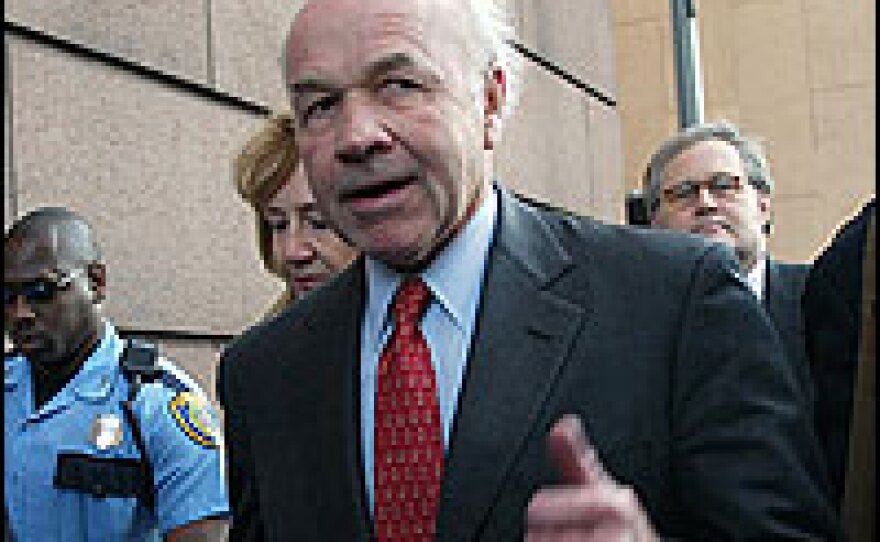Enron founder Kenneth Lay returned from semi-retirement in 2001 to resume control as CEO and reassure anxious employees and investors that rumors about funny accounting and insufficient reserves were untrue.
Lay had been an effective and charismatic CEO; he had a talent for hiring the best and the brightest talent to work the newly deregulated energy markets.
After graduating from the University of Missouri with a degree in economics, Lay served in the U.S. Navy. Before his discharge from the service in 1971, Lay earned a doctorate from the University of Houston. He went to work for Florida Gas and eventually rose to president. In 1984, he was picked to run Houston Natural Gas and engineered a merger with a rival firm in Nebraska to create Enron, which owned the first coast-to-coast pipeline network.
For a time, Enron was a moneymaking machine, and Lay and Houston reveled in the company's success. Enron was emblematic of the "new Houston," seen as savvy, hardworking and most importantly, hugely profitable because of its ability to innovate. In the late '90s, at the height of his career, Lay was one of the most powerful and respected businessmen in America. A friend of the Bush family, Lay was an important donor to both presidents. He was named one of the best 25 CEOs in the world by Business Week and joined the boards of some of the country's most powerful corporations.
But it all began to unravel in 2001.
After the Internet bubble burst, so did Enron's stock price. It began a steady decline from its high water mark at $90 a share and by September 2001, Enron was trading at $26 a share. As the stock fell, Enron CEO Jeff Skilling resigned and Lay returned to try to bring stability to the company. Lay asserted that the company was in good shape, but the last few months of Enron's life turned into a free fall. Enron was forced to acknowledge massive losses and restate its earnings. In December, the company filed for bankruptcy. In February 2002, Lay was called before Congress to testify but invoked his Fifth Amendment right not to testify. Two years later, he was indicted on federal charges, with seven counts of fraud and conspiracy. If convicted, he faces the prospect of spending the rest of his life in prison.
Copyright 2023 NPR. To see more, visit https://www.npr.org. 9(MDM3NjYwMjA5MDE1MjA1MzQ1NDk1N2ZmZQ004))


